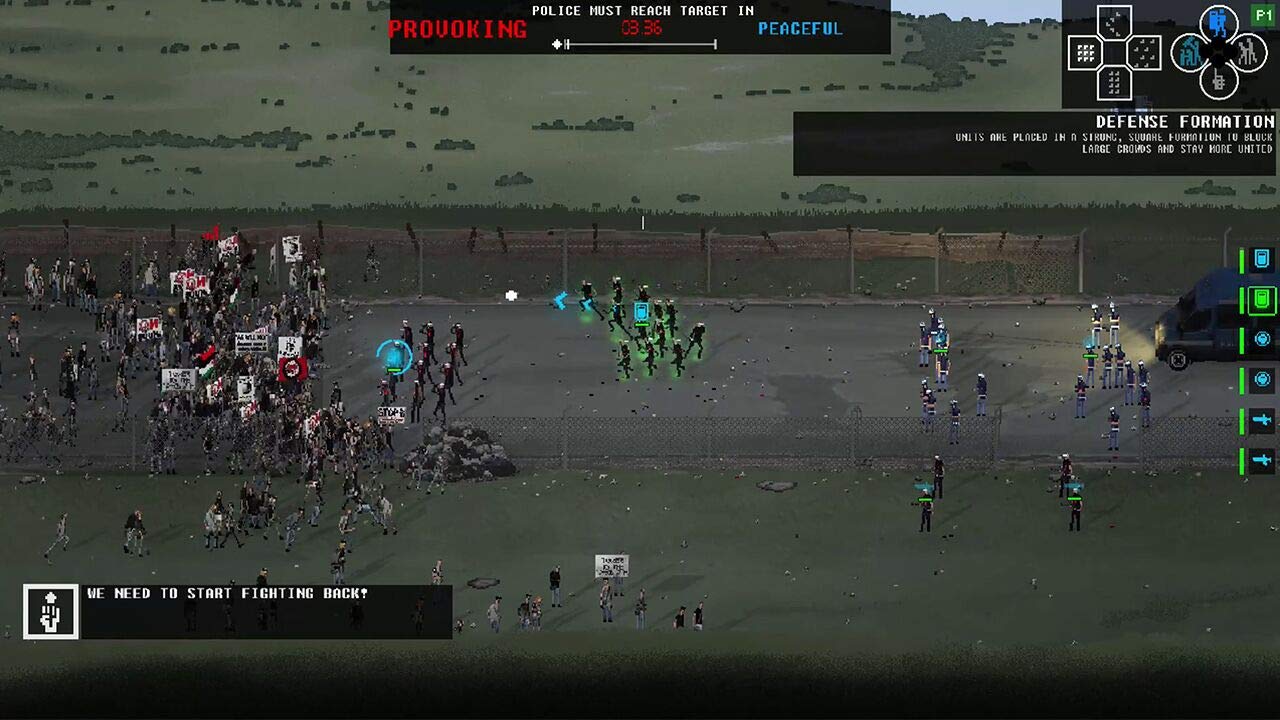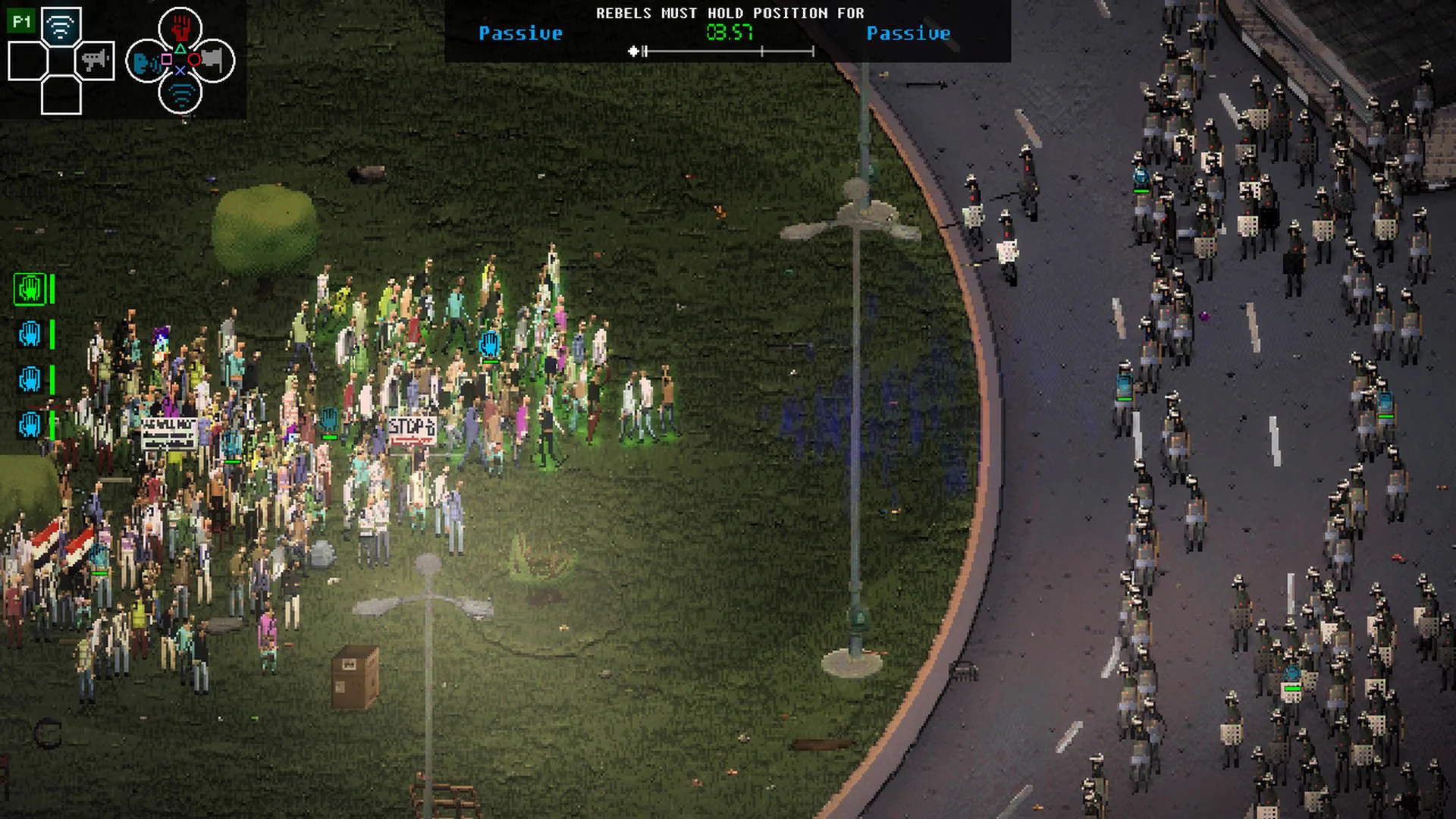In uncertain times, when chaos and upheaval threaten to turn society upside down, the ability to barter can become your most valuable skill. Forget credit cards and digital payments—real value often lies in what you can trade and how well you can negotiate. Mastering the art of barter isn’t just about exchanging goods; it’s about creating a safety net, building community, and maintaining a sense of normalcy amid turmoil. Whether you’re preparing for the worst or simply want to boost your resilience, honing your bartering skills can make all the difference. So, why not turn this age-old practice into your secret weapon for survival and success?
===Mastering the Art of Barter: Your Secret Weapon in Tough Times
Bartering is more than swapping items—it’s an art form rooted in understanding value, timing, and human connection. The first step is recognizing what you have that others might need: skills, supplies, or even information. Your ability to articulate the worth of these assets clearly and confidently can open doors in times of shortage. Developing a keen eye for the needs of your community and being flexible with what you’re willing to trade will strengthen your barter position. Remember, a good barter isn’t just about getting the best deal; it’s about fostering trust and mutual benefit, which can turn fleeting exchanges into lasting alliances.
Effective communication is crucial in mastering this art. Practice listening carefully to what others need and offering solutions that benefit both parties. Confidence and honesty go a long way—people respond well to those who are transparent about what they can offer. Keep a record of your trades; this helps you understand what exchanges work best and builds a reputation as a fair trader. As you improve, you’ll find that your ability to negotiate and adapt becomes a powerful asset, transforming everyday items into vital resources during times of crisis. With the right mindset, bartering can become a fun, empowering activity that keeps you afloat when traditional systems falter.
Lastly, cultivate a network of trusted barter partners. Building relationships within your community creates a support system that’s more resilient than individual efforts. Share your skills and resources generously; kindness and reciprocity often lead to better deals and stronger bonds. In a civil unrest scenario, a well-connected network can provide safety, access to scarce supplies, and valuable information. The more you practice your barter skills, the more natural it will feel, turning you into a resourceful survivor who can thrive even in the most challenging circumstances.
===Essential Skills to Trade and Thrive During Civil Unrest
Knowing what to trade is just as important as knowing how to trade. Stockpiling non-perishable food, medical supplies, and tools is a good start, but understanding their value and how to trade them effectively is key. Skills like crafting, gardening, or basic first aid can be more valuable than physical goods because they provide ongoing benefits. When you can offer a service or knowledge—such as repairing tools or tending to a garden—you become an indispensable part of your community, ensuring mutual survival. Being versatile and willing to learn new skills enhances your trading power and makes you adaptable to changing circumstances.
The ability to assess fair trade deals is another crucial skill. During civil unrest, scarcity drives up demand, and knowing when to hold out or accept an offer can save you from being shortchanged. Practice negotiation techniques, such as finding common ground and emphasizing mutual benefit. Patience and diplomacy are vital—rushing into a deal might result in losses or damaged relationships. Keep an eye on market trends within your community and stay informed about what’s in high demand. This strategic approach to trading can turn everyday exchanges into opportunities for growth and security.
Finally, develop a mindset of resilience and creativity. When traditional commerce collapses, innovation becomes your best friend. Use everyday items in novel ways to meet needs and barter creatively. For example, homemade hygiene products or handcrafted tools can become valuable commodities. Cultivating a positive attitude and a willingness to adapt will help you navigate the unpredictable landscape of civil unrest. Remember, bartering is not just about survival—it’s about creating a sustainable way of living that fosters community, resourcefulness, and hope amid adversity. Embrace these skills, and you’ll find that your ability to barter can truly save the day!
In challenging times, the ability to barter effectively is more than just a handy skill—it’s a lifeline. From understanding the true value of your assets to building strong community ties, mastering the art of barter empowers you to navigate civil unrest with confidence and cheerfulness. Whether trading supplies, skills, or information, your resourcefulness and adaptability will shine through. So, gear up, practice your negotiation skills, and remember: in the world of barter, a little creativity and a lot of kindness go a long way. Here’s to turning tough times into opportunities for connection, resilience, and survival!



